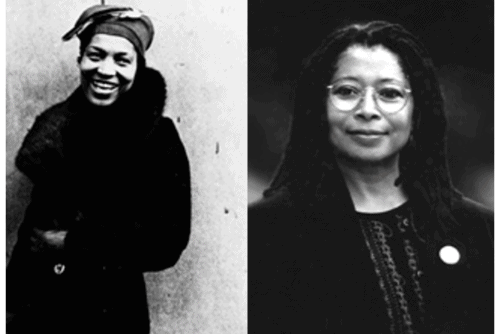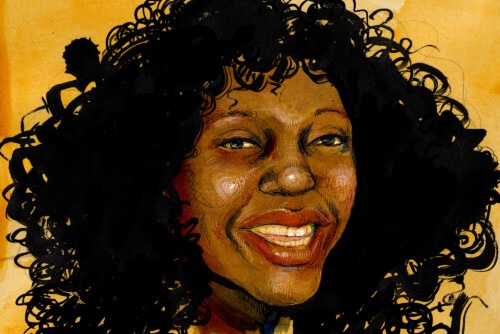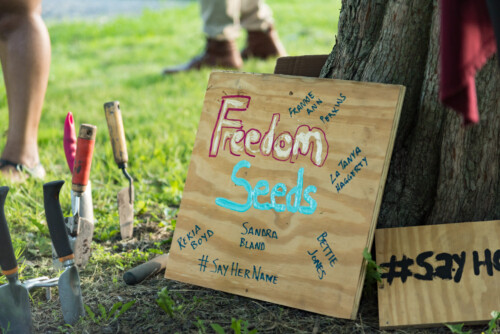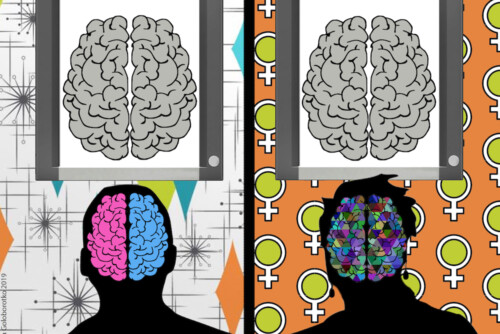Often propelled by educational opportunities growing out of the civil rights movement, black women began entering the mainstream academy in small but unprecedented numbers in the late 1960s. One of these women was the writer Gayl Jones, another “genius of the South,” to borrow from the epitaph Alice Walker had inscribed on Hurston’s gravestone. Jones came north to New England in the late 1960s to attend Connecticut College; we met in graduate school at Brown University in 1971. Hurston was not yet officially on anyone’s syllabus at Brown, as I recall, but for Gayl, who was born and raised in Lexington, Kentucky, Their Eyes Were Watching God was a don’t-leave-home-without-it foundational text, one that she was generous enough to share with me. It was clear, however, that the copy of Their Eyes Gayl lent me in 1971 had never been private property. It was a communal text, a book that had been passed from sister to sister to daughter to neighbor to friend. I suspect that it was in this way that Their Eyes Were Watching God remained in circulation in many private venues, even when it was out of print in the public domain.
I tell this story to make the point that decades before Oprah’s Book Club, black women were not only reading, they were reading each other. They carried this process of reading and sharing into the university in the late 1960s and early 1970s. The poet and novelist Sherley Anne Williams, who came into the northern academy by way of Fresno, California, describes this book-sharing process in her preface to the 1978 University of Illinois reprint of Their Eyes Were Watching God, where she tells of first encountering Zora Neale Hurston in graduate school in the late 1960s:
Afro-American literature was still an exotic subject then, rarely taught on any regular basis. Most of the works of the writers we studied had been out of print for a long time, and students relied on lectures, anthology selections (when available), what samplings could be garnered in a Saturday spent in a rare-book collection or an evening in the reserve book reading room, and Robert Bone’s The Negro Novel in America for our impressions of William Wells Brown, Frances Harper, William Attaway, Jessie Fauset, and Zora Neale Hurston. . . . The few personal or library copies of this or that were shared around, but there were about forty students in the class. By the time a person got the book, it had usually been discussed at least four weeks prior, and the owner needed it back to write a paper. So, like many students in the class, out of sheer frustration I ended by concentrating on contemporary authors (i.e., Wright, Ellison, Baldwin), whose works were more readily available. 1
Williams goes on to explain, memorably, that when it did finally become her turn to read Their Eyes Were Watching God, she “became Zora Neale’s for life”; for, “in the speech of her characters,” she writes, “I heard my own country voice and saw in the heroine something of my own country self.” 2



